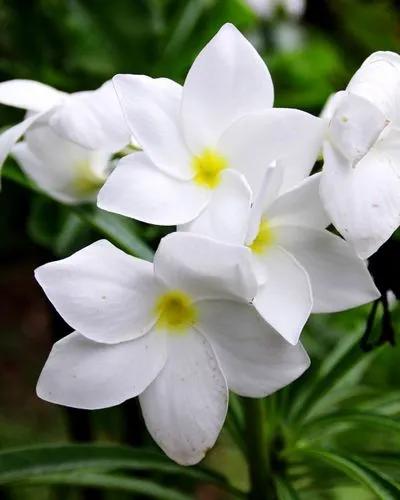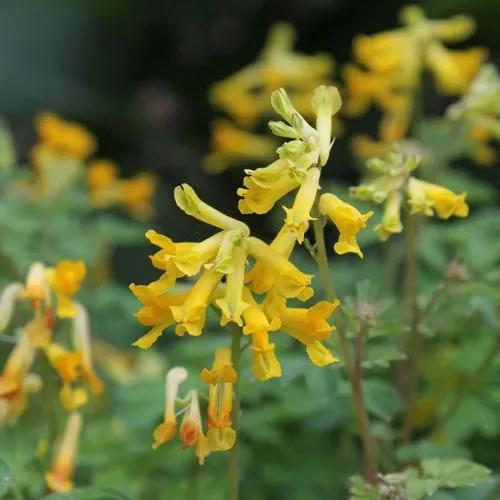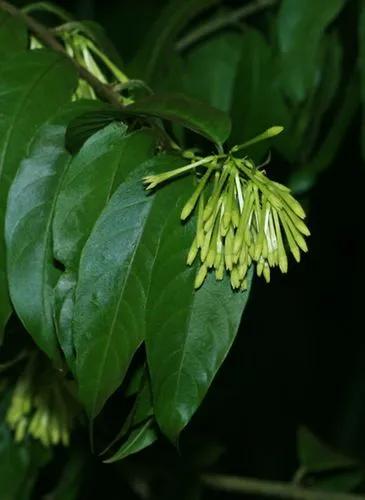Begonia hirtella is naturalized only in Miami-Dade County; it is also a weed in greenhouses.
Begonia Hirtella Care
Begonia Hirtella



How to Care for the Plant

Water

If the soil is dry when you put your index finger 1-2 inches until your top knuckle into the soil and it feels dry, then you need to water your Begonia. I keep my Begonias as houseplants and water once a week and every 3 days in Summer.

Pruning

Begonias can be cut back to within 3 inches of the soil to revitalize them, if necessary, but pinching and pruning is not the end of the story. Sterilize pruning tools with household disinfectant spray before and after use.

Fertilizer

For healthy plants and abundant blooms, apply 10-10-10 liquid fertilizer diluted at a ratio of three parts water to one part fertilizer when you first plant (or transplant) your begonias and approximately every 3 weeks thereafter.

Sunlight

Full sun, partial shade.

Soil

Perform well in most types of soil.

Temperature

A tropical plant, amaranth grows best at temperatures between 70 F and 85 F. Do not use nitrogen fertilizer. Leaves can accumulate excess nitrates. Some cultivars are grown as ornamentals.

Additional

All of the over 1000 species of begonia are toxic to pets. After eating it, your pet's mouth will likely experience burning and vomiting may occur. The plant's juices and sap contain microscopic poisonous, needle-shaped crystals. The plant is considered mildly-toxic but the roots are especially poisonous.

Popularity

160 people already have this plant 23 people have added this plant to their wishlists
Discover more plants with the list below
Popular articles






